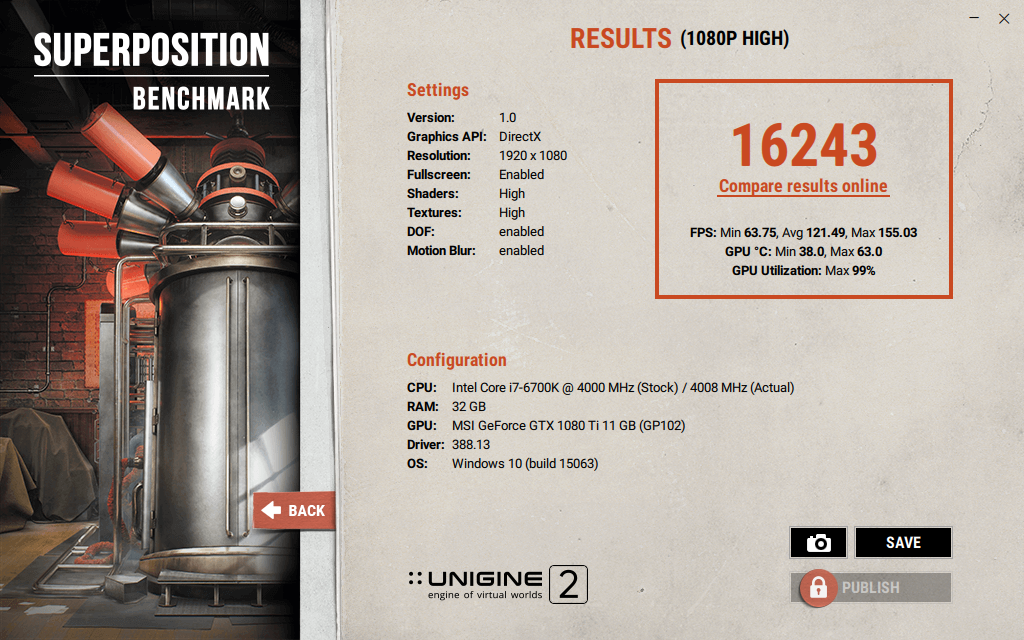- Joined
- May 18, 1997
- Messages
- 55,601
Corsair Hydro GFX GTX 1080 Ti Liquid Cooled Video Card
We’ve got an exciting new video card for you today, the Corsair Hydro GFX GTX 1080 Ti Liquid Cooled Graphics Card with a Corsair Hydro Series AIO liquid cooling package on board. We find out how well this video card performs, how cool it runs, and how well it will overclock at 4K and 1440p.
We’ve got an exciting new video card for you today, the Corsair Hydro GFX GTX 1080 Ti Liquid Cooled Graphics Card with a Corsair Hydro Series AIO liquid cooling package on board. We find out how well this video card performs, how cool it runs, and how well it will overclock at 4K and 1440p.
![[H]ard|Forum](/styles/hardforum/xenforo/logo_dark.png)
